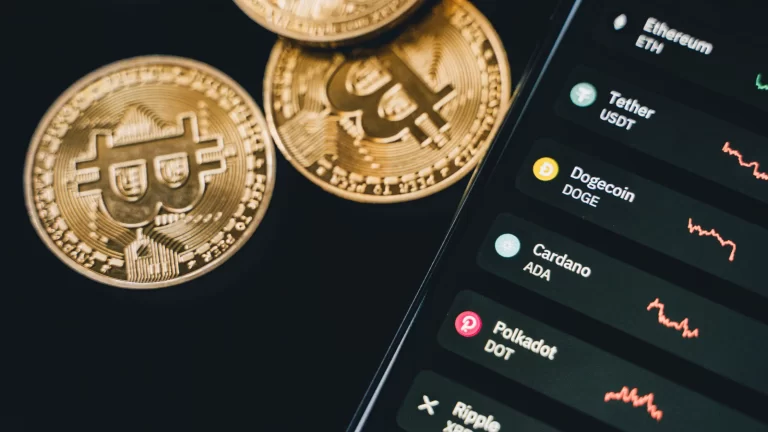Top 3 Polygon Ecosystem Crypto Tokens
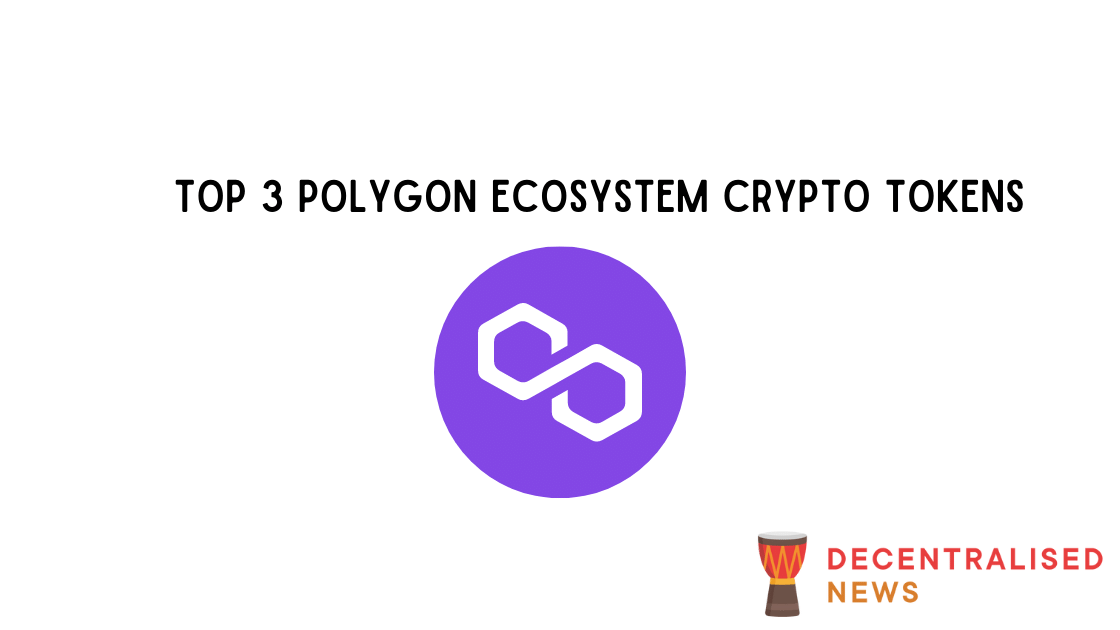
Polygon (MATIC)
Formerly known as Matic Network, Polygon is a protocol that was created in order to facilitate the creation and connection of blockchain networks compatible with Ethereum. Polygon is designed for aggregating scalable solutions on the Ethereum blockchain and is built to support a multi-chain Ethereum ecosystem. By combining the best of Ethereum and sovereign blockchains, Polygon offers a innovative multi-chain system.
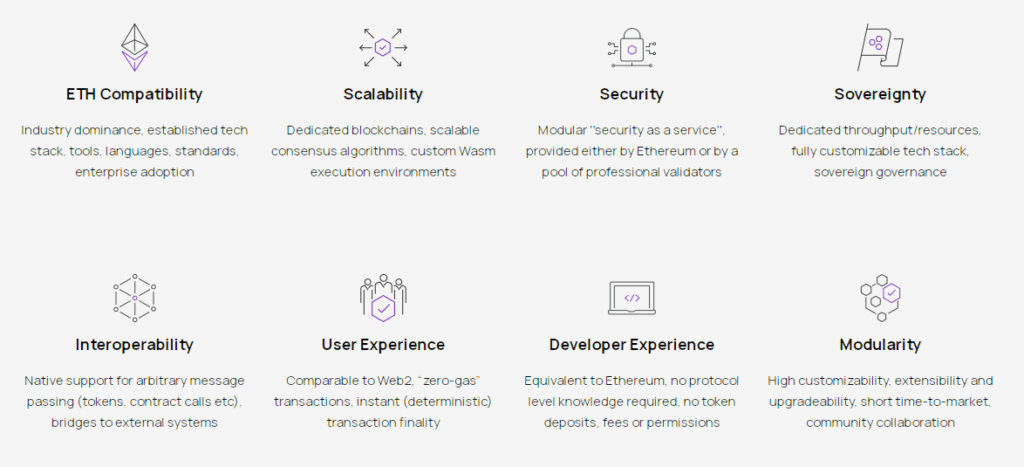
The problem Polygon seeks to solve is the issue of high gas prices on Ethereum when transacting on the network. Polygon is akin to other multi-chain systems like Avalanche, Polkadot and Cosmos but with a few additional unique features. Polygon combines proof-of-stake blockchain architecture with the Plasma Framework which is built on proof-of-stake checkpoints that operate on the Ethereum main-chain – an idea proposed by Vitalik Buterin, the co-founder of Ethereum, and which promises to make possible easier execution of scalable and autonomous smart contracts. Polygon’s side-chains are structurally designed to support a wide range of DeFi protocols that are available within the Ethereum ecosystem.
With the capability to process over 65,000 transactions per second on a single side chain, Polygon also offers faster block confirmation times, typically only a couple of seconds. This framework promises the establishment of better and more efficient DApps. Polygon has already attracted many decentralised applications to its PoS-secured Ethereum sidechain.
MATIC is the native token within the Polygon ecosystem and the token can be traded on exchanges such as OKEx, FTX, Binance, Huobi and many others. The role of MATIC token is effectively to secure the system and enable governance.
Chainlink (LINK)
A blockchain abstraction layer, Chainlink makes the world of universally connected smart contracts a reality. By utilising a decentralized oracle network, Chainlink enables blockchains to interact with external data feeds in a secure way and it also provides essential off-chain data that is required by sophisticated smart contracts in the creation of digital agreements.
Powered by an open-source community of researchers, node operators, data providers, security auditors, and smart contract developers, Chainlink is one of the pioneering networks to make possible integration of off-chain data into smart contracts. LINK is Chainlink’s ecosystem token. It was developed from an ERC677 token standard and is also aligned with the ERC-20 token standard on the Ethereum blockchain. Chainlink powers a variety of decentralized price feed oracle networks live in-production, and also secures billions in value for DeFi applications such as Aave, Compound and Synthetix. LINK tokens can be traded on many different exchanges including KuCoin, Coinbase, Gate.io, Bitstamp, Bithumb, Bitfinex, Bittrex and others.
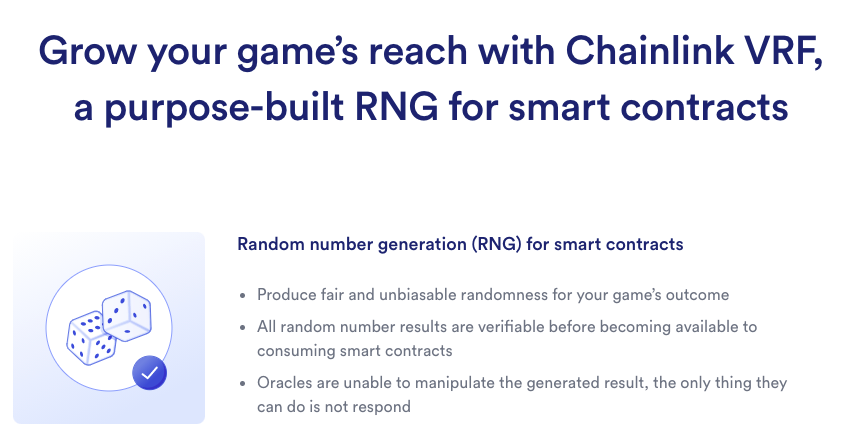
In early 2021, Polygon added new Chainlink functionality that could be essential in crypto games. Polygon made the announcement that it had implemented Chainlink’s Verifiable Random Function (VRF) on its mainnet which would result in the enabling of smart contract functions that would also benefit from verifiable random number generation.
Dai (DAI)
An Ethereum-based ERC-20 compatible stablecoin, DAI is issued by MakerDAO – a decentralized autonomous organization. Essentially, DAI is soft-pegged to the U.S. dollar that is collateralised by depositing a mix of crypto assets into smart-contract vaults whenever new DAI is minted into existence. The minting of new DAI tokens is not controlled by a central entity and tokens are not produced via mining as is the case with digital assets like Bitcoin and Ethereum. DAI tokens can in fact be minted by any user through the Maker Protocol. Polygon announced the integration of yield optimization vaults on the Maker Network.
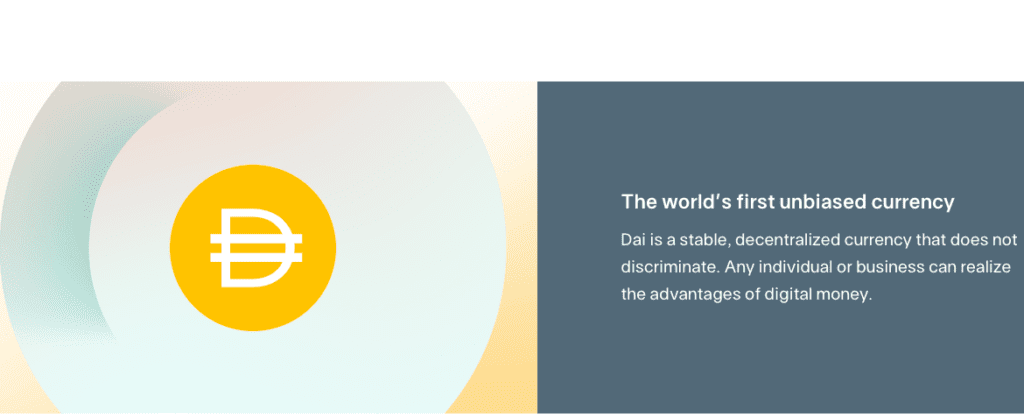
DAI tokens are available on both decentralised exchanges such as Uniswap and Compound and also on centralised digital asset exchange platforms the likes of Poloniex, Upbit, Liquid, Gemini and others.

